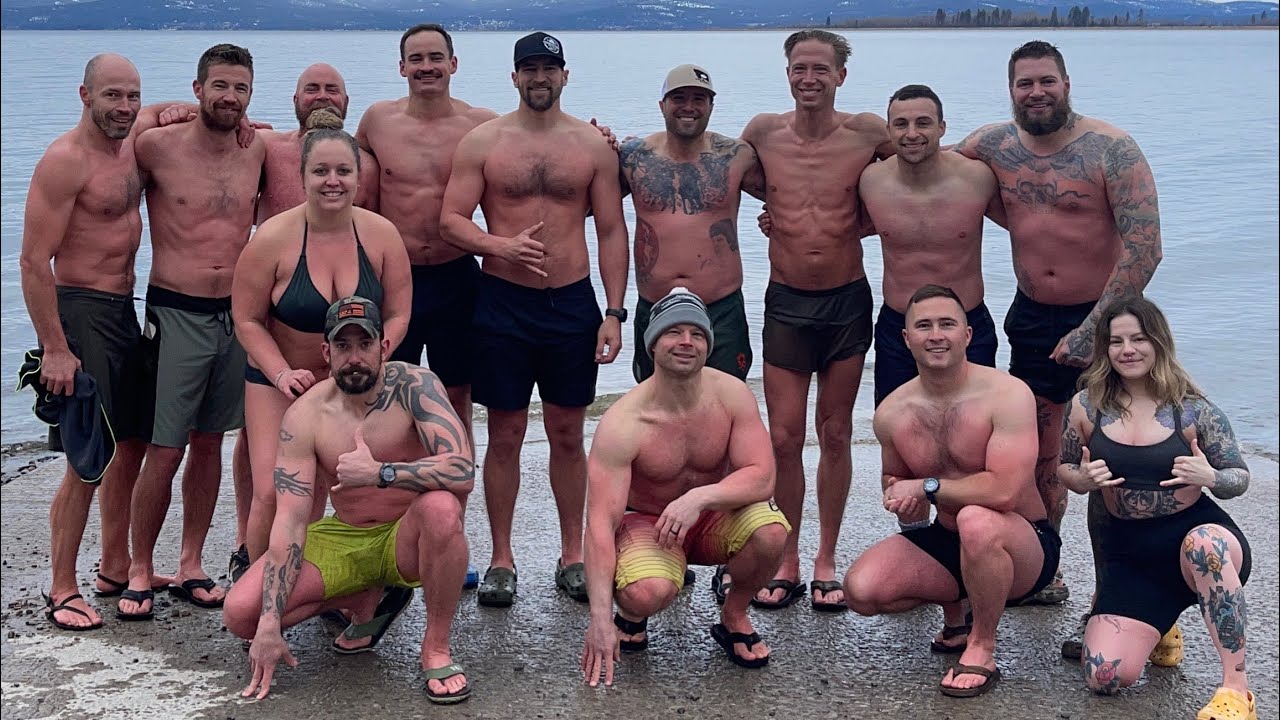5 Mistakes Veterans Make During an Interview
We talked previously about the 5 Mistakes Veterans Make with Their Resumes. The resume is just the first step in the process of finding a job. So you followed all of our brilliant advice and you were able to land an interview. Great job. Even getting an interview is an accomplishment these days. Now that you have the interview though, you don't want to mess it up so we are here to help you out with some tips. These are 5 mistakes veterans make during an interview that we have seen ourselves that could keep you from landing that great new job.
#1 - Be on Time

There are two sides to this. For sure, don't ever be late. That's a given. You have had it drilled in to your head for so many years by NCO's all around you to not ever be late for anything. You are likely not ever going to be late. The other side of this though is the more common mistake we have seen veterans make. Being on time does not mean being 30 or more minutes early for your interview.Being crazy early for your interview does not show that you are super motivated. Believe it or not, it's actually disrespectful to show up crazy early for your interview. You have a scheduled time for a reason. This is the time that your interviewer has set aside to speak with you. They are likely very busy with other interviews or other tasks and have you scheduled on their calendar for the agreed upon time.Showing up crazy early means you don't care about the time they told you to be there and it seems like you are trying to get them to change their schedule and drop everything for you. This may not seem like it to you, but you are mostly dealing with civilians who do not understand your aversion to the possibility of even being late which to you is not being there at least 10 minutes early.My advice to you is get there early yes, but wait in the parking lot until 5 minutes prior to your scheduled time. With so many other candidates likely interviewing for the same position as you, don't give your interviewer any reason to start off with a negative view of you.
#2 - Cursing During the Interview

Yes. It happens. People don't generally walk in the door dropping f-bombs all over the place but we see it come out when the interviewee gets comfortable in the interview and starts to feel they are doing well. Once they are comfortable, those old habits that they are so used to doing, like cursing as part of any normal conversation, comes out. It's a habit, we've all done it. There is a scene in the fantastic movie, Hamburger Hill, that deals with this.
Motown: I smile at my Mamma. Great meal, Ma. Would you please pass the fu*king potatoes. The ham is fu*king A, Ma. You don't know how...how fu*king great it is to be home. How you going to act, huh?
If you have ETS'd recently, it tends to be more of a problem but it's something that any of us can easily fall back in to if we are not paying attention. In an interview is not the time to not be paying attention. Do not fall back in to your old military habits and language because it will definitely get you shown out the door.

#3 - Criticizing Previous Employers

Don't do this. Ever. Veterans tend to be more honest about their thoughts and feelings than most people. While it's an admirable trait in most circumstances, in an interview, you want to be very careful how you present yourself. Telling a civilian interviewer that you got out of the military because you were tired of the big green weenie doing a number on you is not going to go well for you. It may be true, but you will need to be more tactful than that.Whether it's the military or another job in the civilian world, you will be asked why you left. It is best to talk about expanding horizons or focus on family or personal and professional growth opportunities. Have an actual answer that focuses on the positives because we all learn and grow even when we are working bad jobs.
#4 - Failing to Answer Questions Fully

One of the more common interview styles that you will run in to during your job hunt is called the behavior based interview. The belief in this interview style is that the most accurate predictor of future performance is past performance in a similar situation. Veterans should absolutely shine in a behavior based interview, but often times they miss the mark because they are not fully answering the question that is asked and they are failing to link their military experience to the job for which they are interviewing.You will know you are in a behavior based interview if you get questions that start with, "tell me about a time when", or "describe a situation where" or some variant where you are being asked about a specific situation from your past work experience. The question they ask tells you that it is likely to be something you would deal with on the job so they want to know how you have handled similar situations in your work life.The biggest failure I see coming from veterans in this instance is a failure to fully answer the question. Giving an answer such as, "we just did what we had to do to complete the mission" is not going to cut it. You have got to be specific. Here are the three things you need to keep in mind to fully answer a behavior based interview question:
1. Describe the exact situation you encountered.2. Describe the specific tasks and actions you took to overcome the challenge or deal with the situation you were in.3. Summarize the results of those actions. Be sure to quantify if you can. "We completed the assignment 10% under budget and 3 days ahead of schedule" for example.
If you do not do all three of the above, you are not fully answering the question. Your interviewer might be nice and try to ask more questions to help guide you through what they want, but they may not. They might just move on and begin crossing you off in their mind as a viable candidate for the position. Be sure to answer questions fully and completely.
#5 - Failing to Ask Questions

Always remember that an interview is a two way street. You are not the only one being interviewed. Yes, the company is interviewing you to determine if you are a good fit, but you are also doing the same. A job should be a good fit for you as well and the only way you are going to know that is if you ask questions.I see veterans fall in to the trap of failing to ask questions because as a group, veterans are most likely to be willing and able to adapt to pretty much anything. Veterans think that whatever happens in the job, they'll just adapt and overcome like they always have. They also tend to not ask questions because they have already done plenty of recon work on the company before going in to the interview so they think they know what they need to know to make a decision.When your interviewer asks you if you have any questions, make sure you have one or two for them. When is my first day off or how much vacation time do I get are not good questions. Who is my rater or how often are reviews conducted? Those are good questions. Even if you don't really have any questions, make sure you ask at least one. Asking questions shows that you are invested in the process and that you are genuinely interested. When you don't ask a question, it makes the interviewer think you don't really care. Maybe that isn't really the case, but you don't want to give your interviewer any reason to put you in the do not hire pile.Those are the 5 mistakes veterans make during an interview. Sure there are plenty more mistakes that veterans and people make, but these ones have been some of the most common ones we have seen here when interviewing veterans at Grunt Style. We would like to help you avoid these mistakes so you can land that awesome new job. We don't want you to go in to an interview and act like any of these people:https://www.youtube.com/watch?v=tFzQRJlD7qI[mwi-cat-listing cat="94" ppp="4" cols="4" desc="false" type="view" btn_color="black" ]



%201.svg)









